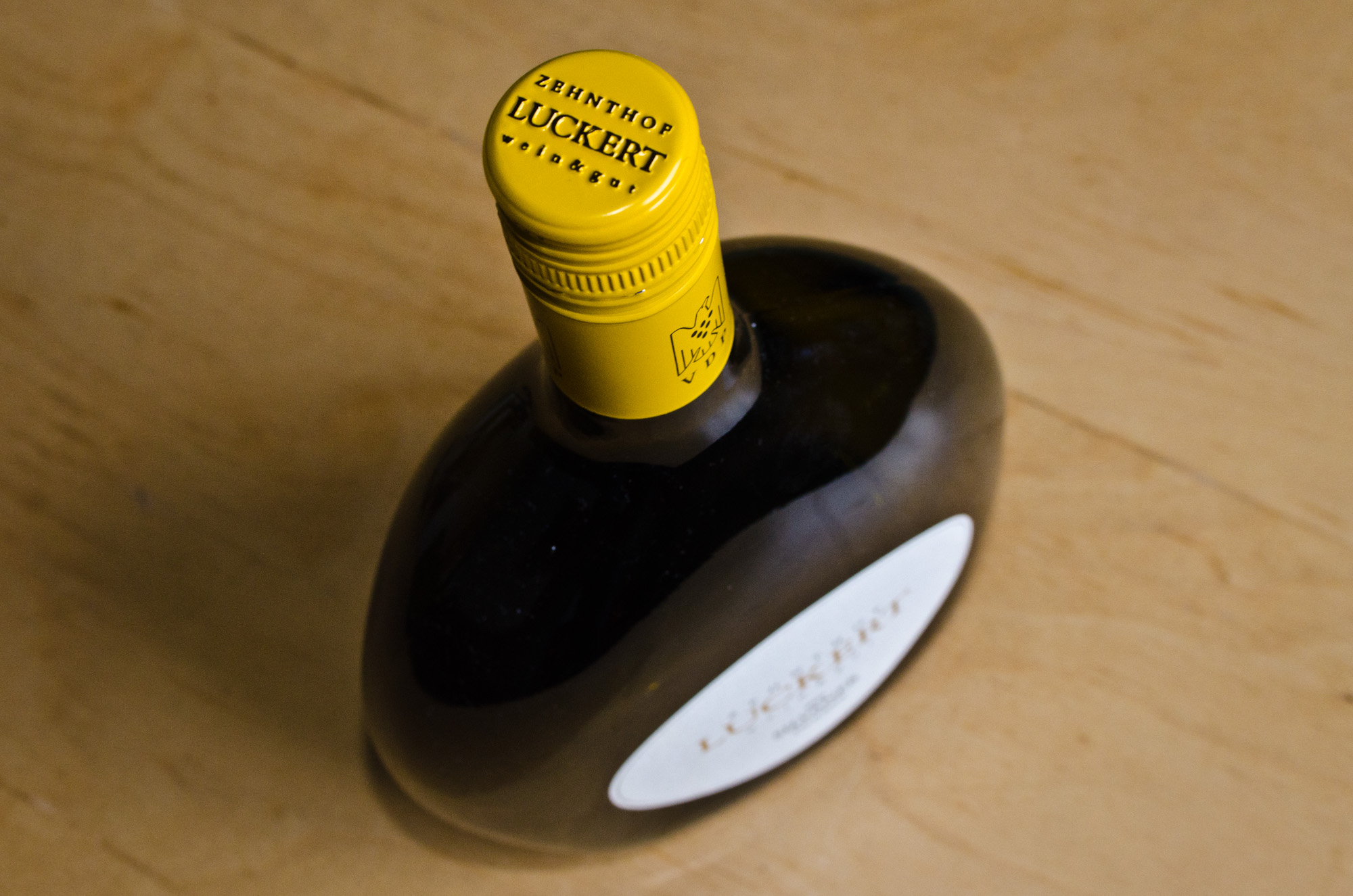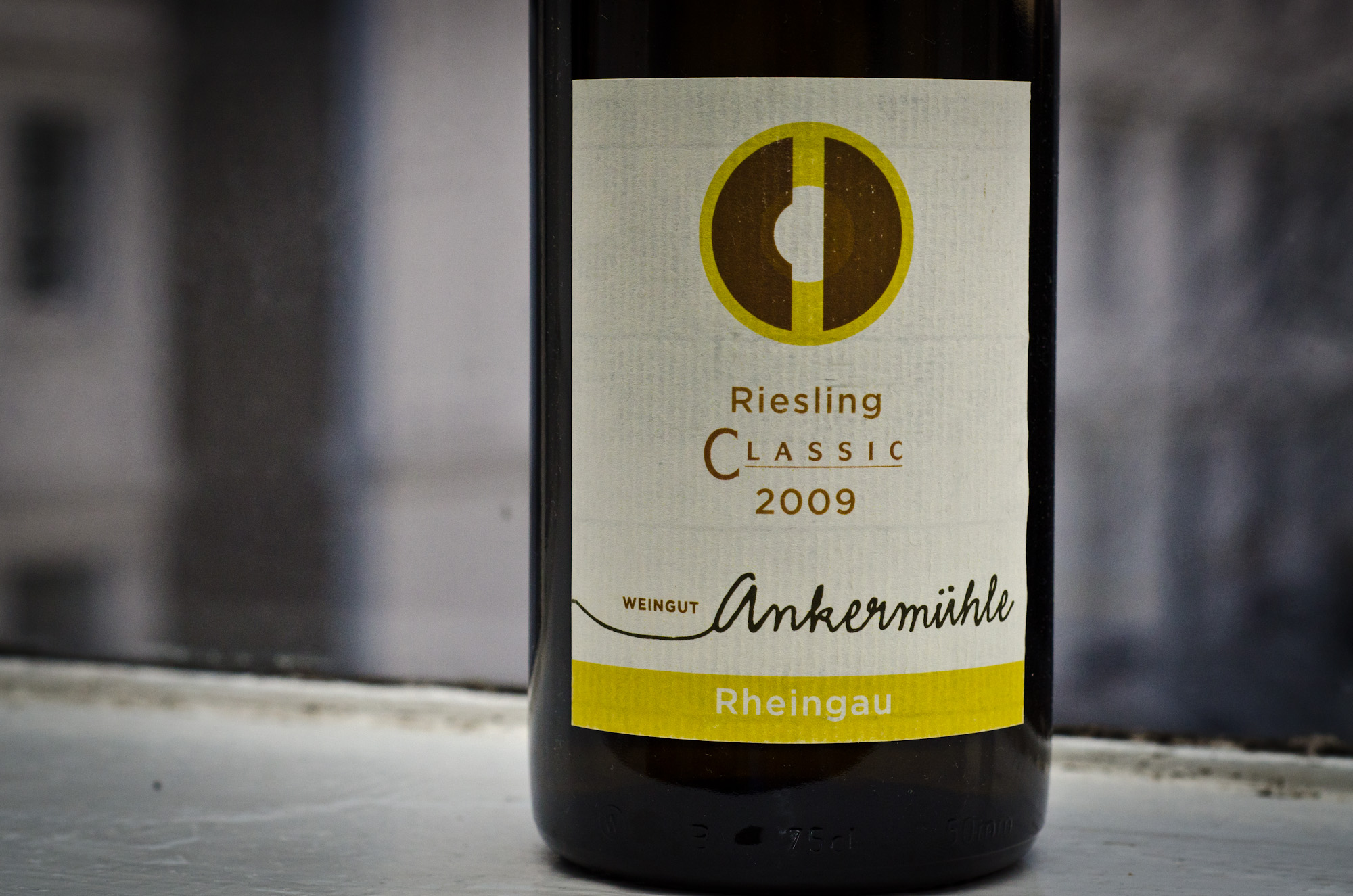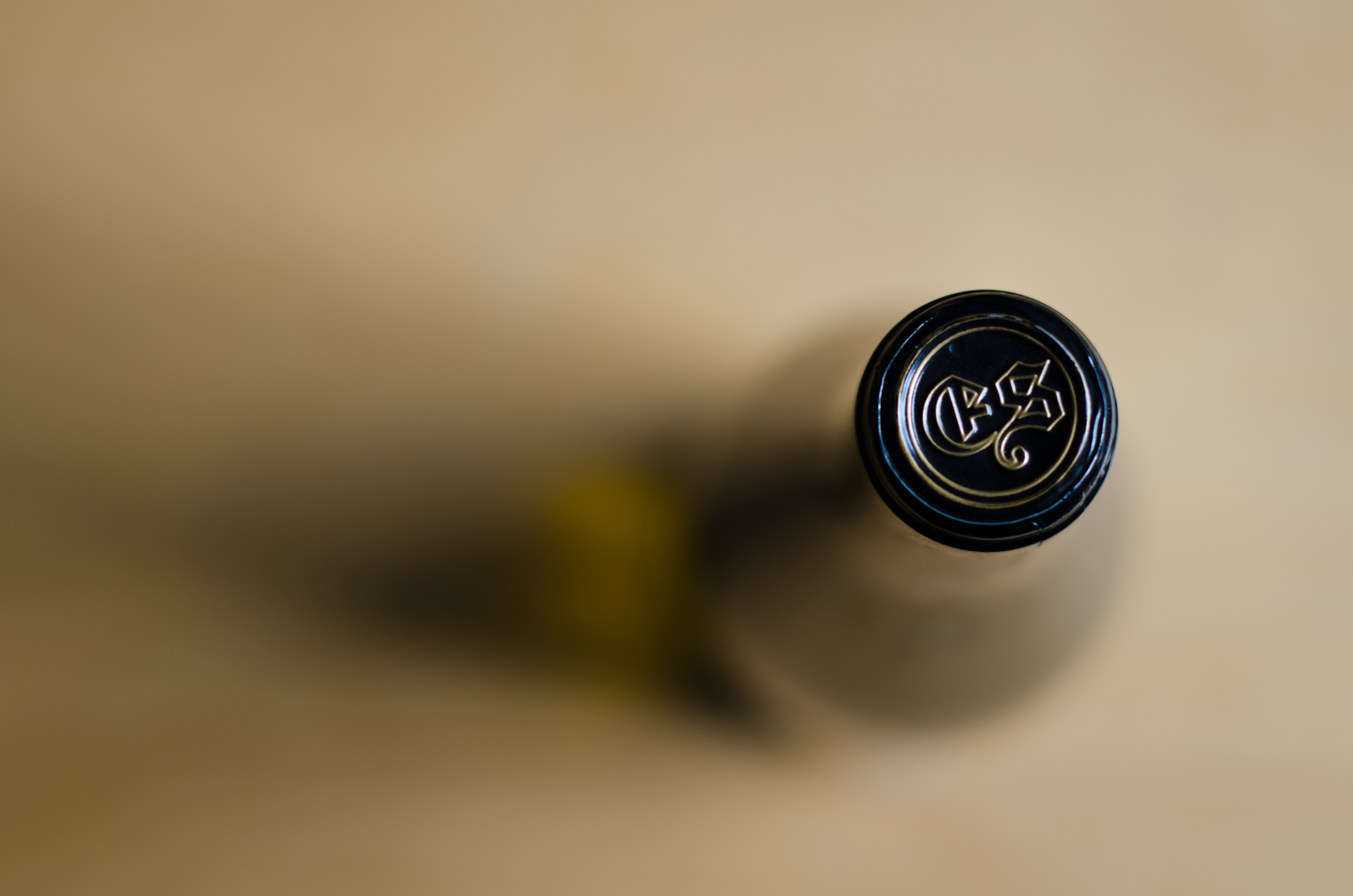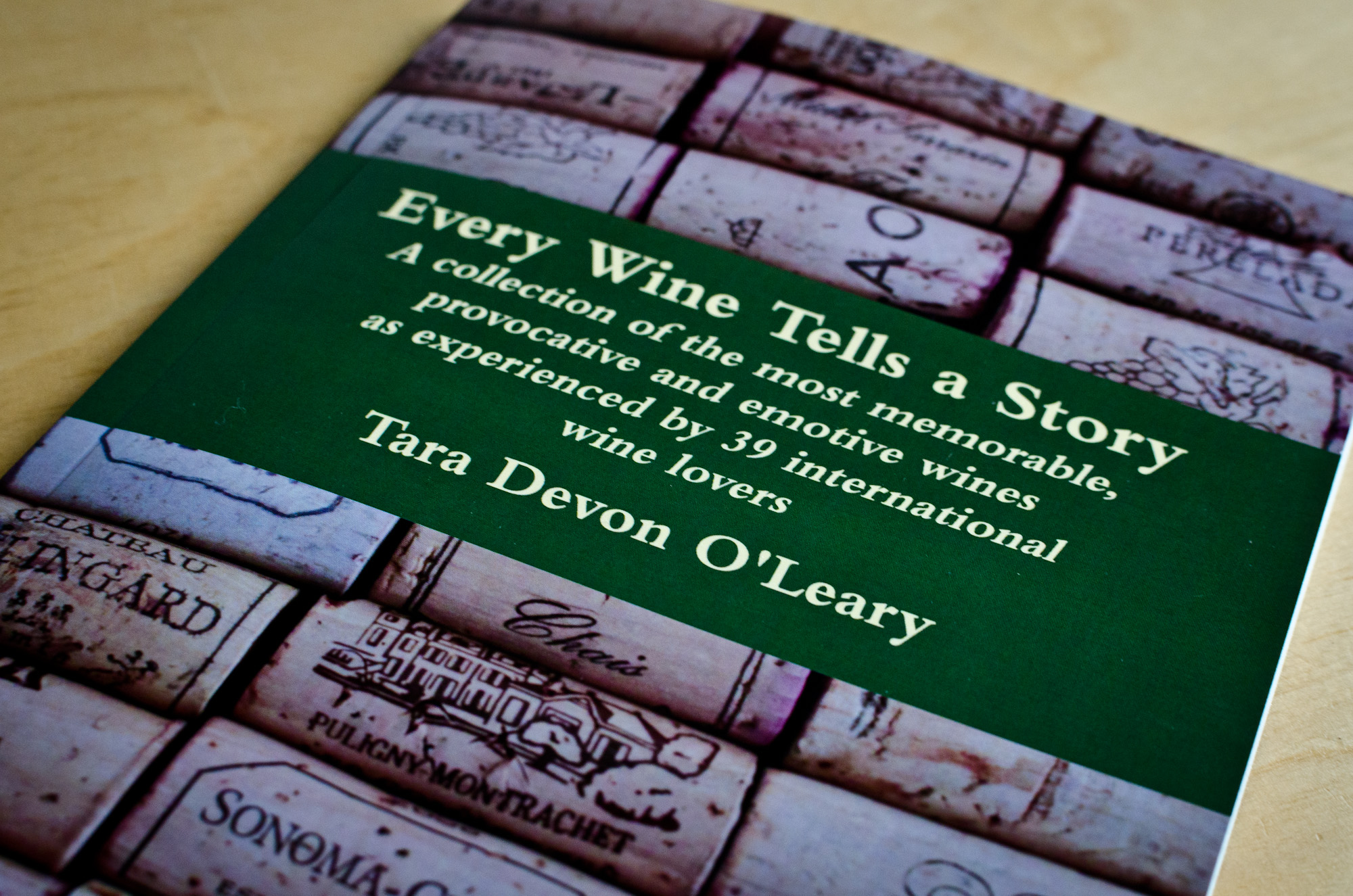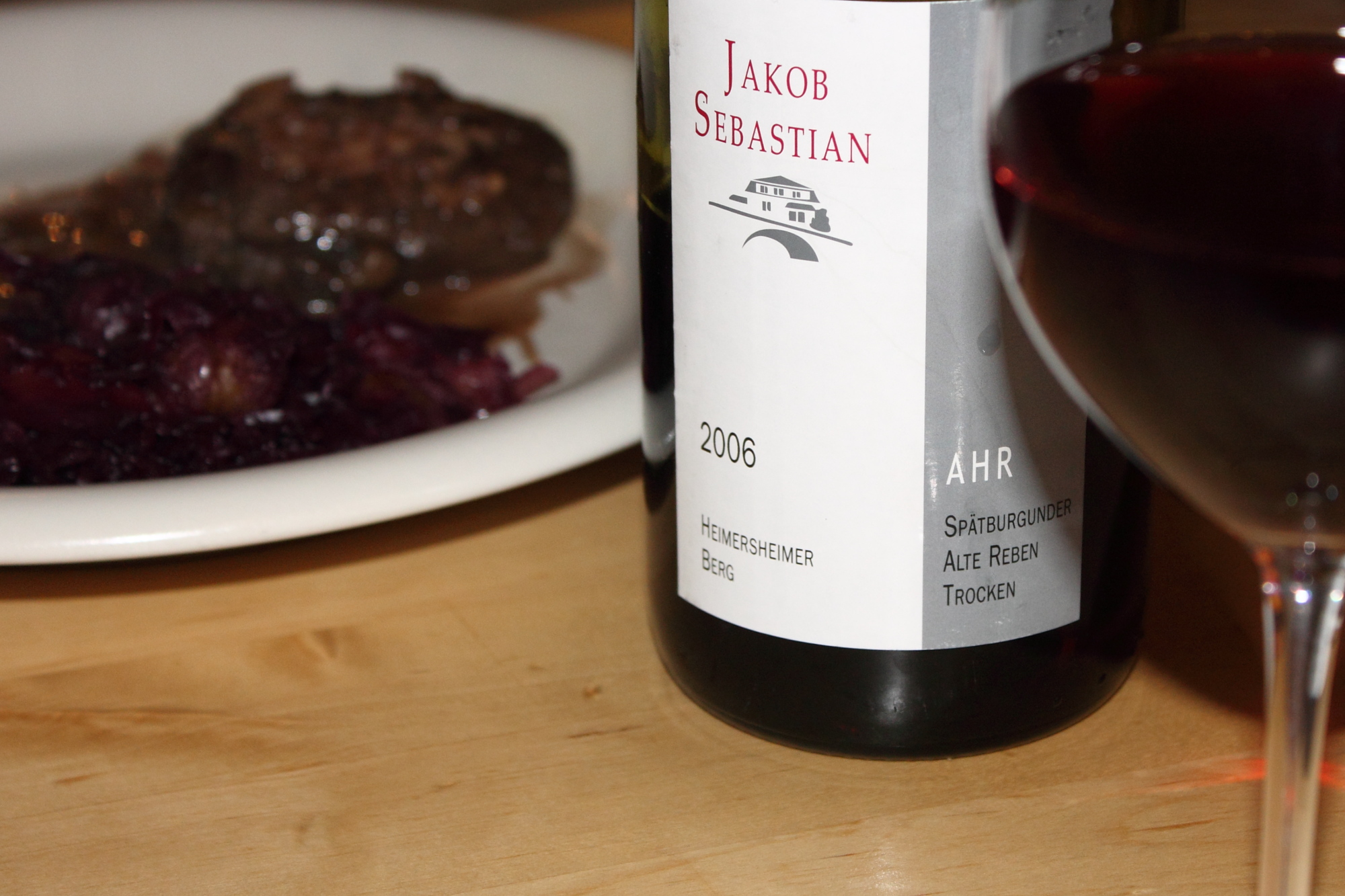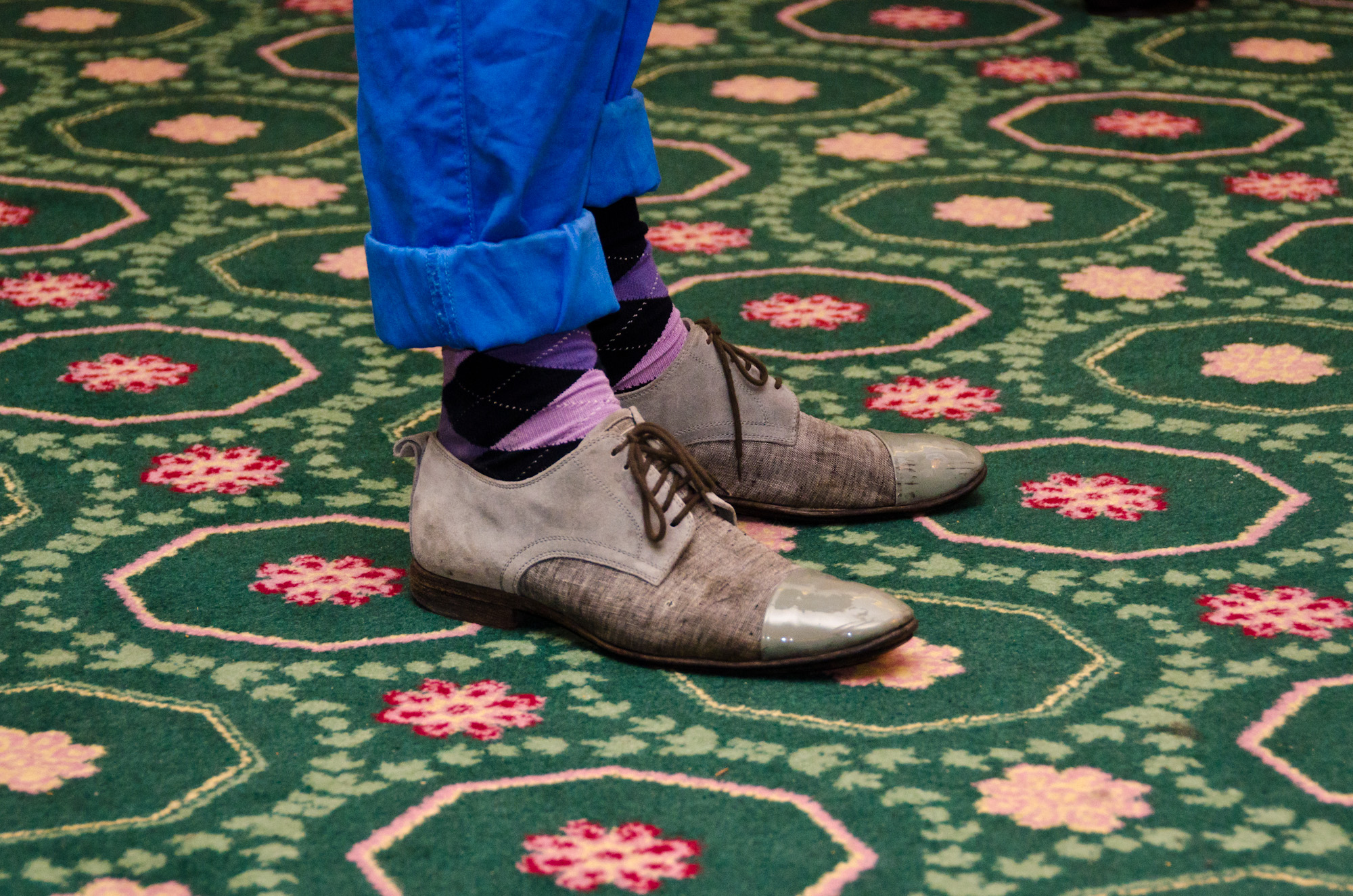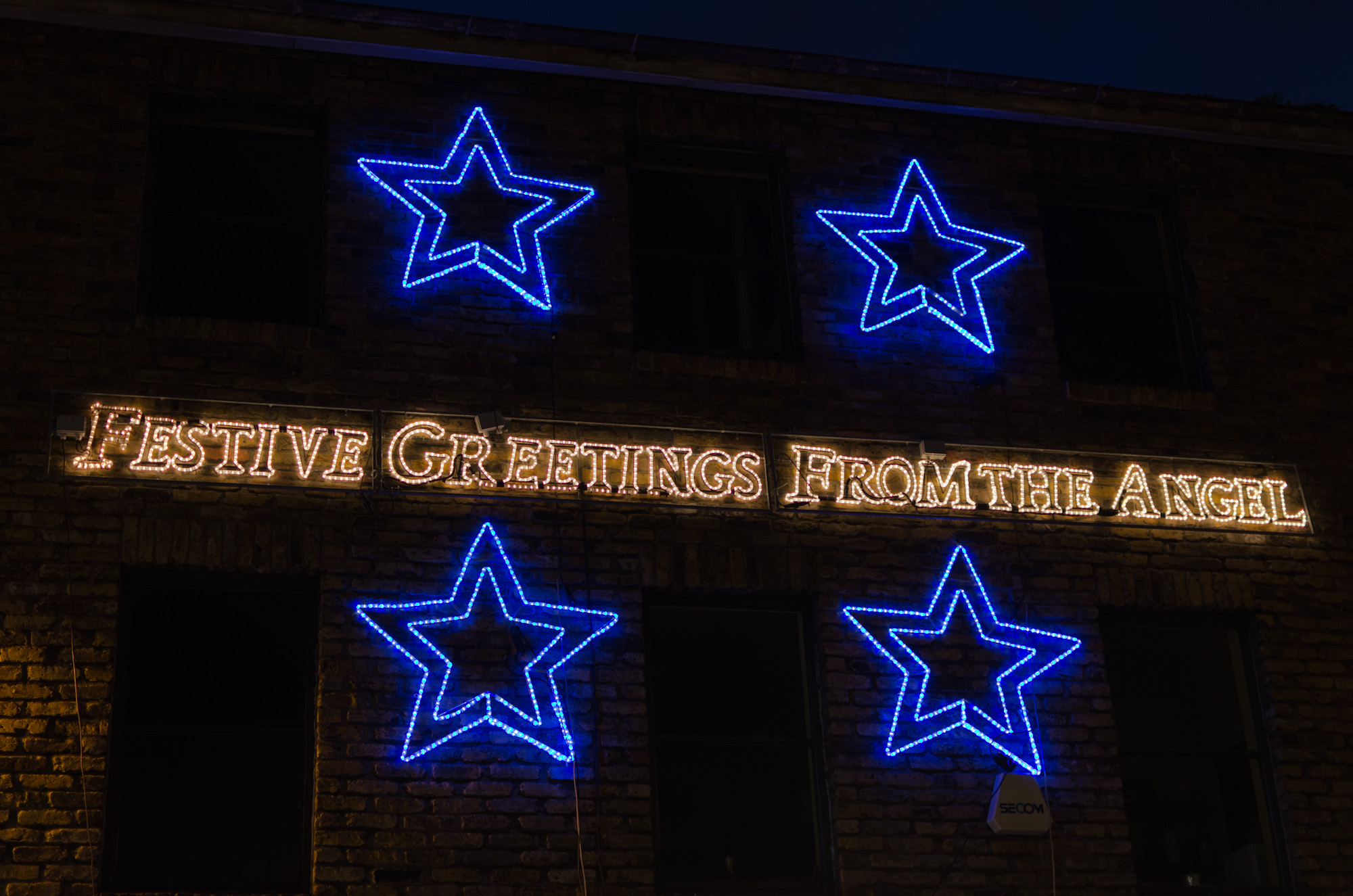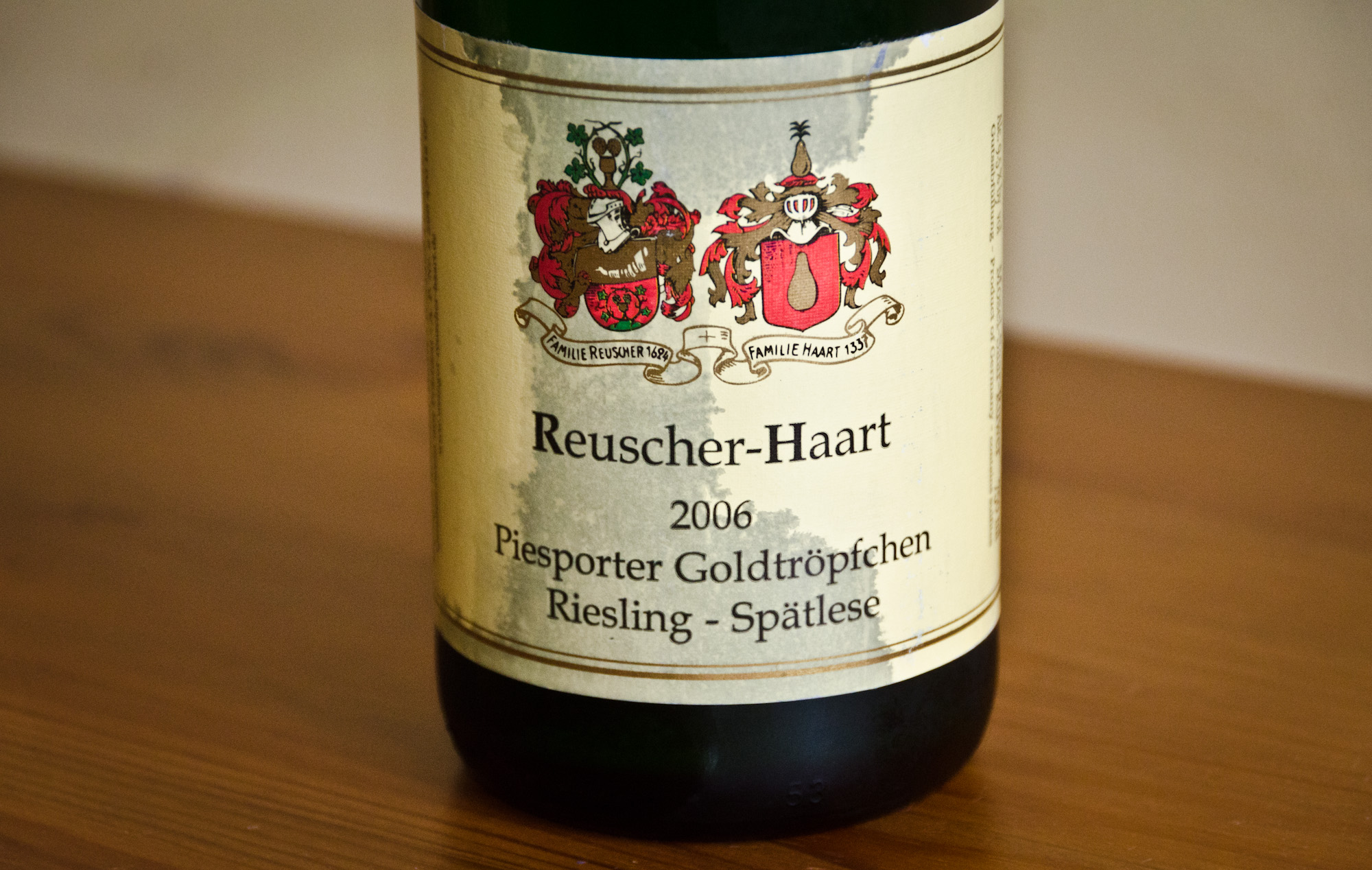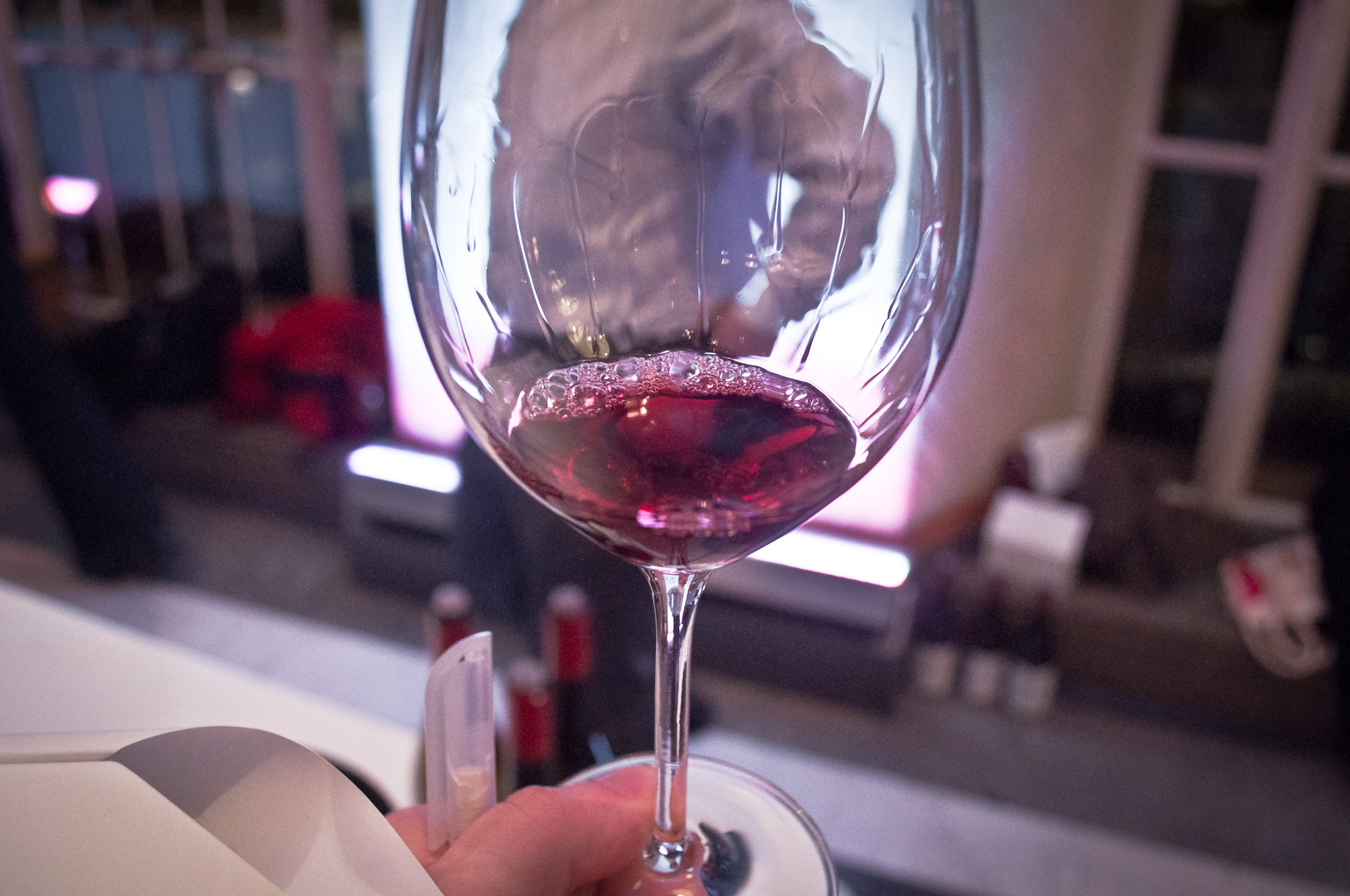Clos Marie, Pic Saint-Loup "L'Olivette", 2004
Is this the time when we should start the pre-Christmas season of wine with big hefty reds? No, no, no me brotha. This Wine Rambler abides by his statement of principle: Freshness, freshness, freshness. It's a well-documented fact by now that I am no great fan of the South of France, at least not any more. I've developed a kind of allergy to the overripe cherry and generic dried herbs-approach on offer from there. But there is a style, pioneered mostly, with some hits and misses, by the Gauby family, that I think of as Mediterranean avant-garde: Sprightly, slender-bodied, drinkable reds with a lighter, more focused spectrum of fruit.

Another winery that has moved in this direction is Christophe Peyrus' Clos Marie.

